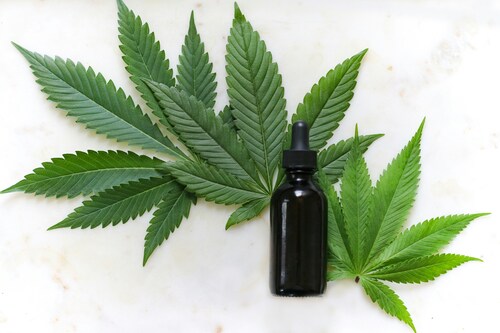THC (Tetrahydrocannabinol) concentrates, particularly distillates, are highly potent cannabis products that have gained popularity among both recreational and medical users. The refinement process behind these concentrates is crucial to ensuring high purity and potency. There are various stages in the distillation process, each contributing to the production of THC concentrates with high purity and potency.
What is THC distillate? It is a highly purified form of tetrahydrocannabinol, the primary psychoactive compound found in cannabis. It contains almost no plant material, terpenes, or impurities. This results in a highly concentrated form of THC, often reaching levels of 90% purity or more. The distillation process is what separates a distillate from other concentrates, ensuring that only the purest form remains.
The creation of concentrates, specifically distillates, is a multi-step process that ensures purity, potency, and freedom from undesirable compounds. Each stage of extraction and refinement contributes to producing a concentrated THC product with reduced impurities. Below is a detailed look at each phase in the production of the distillates:
The process begins by extracting cannabinoids from cannabis plant material using methods such as CO2 extraction, ethanol extraction, or hydrocarbon extraction. These methods separate the cannabinoids, terpenes, and other compounds from the plant. CO2 extraction uses pressurized carbon dioxide to extract the compounds, while ethanol extraction dissolves cannabinoids using alcohol, which is later removed through evaporation. Hydrocarbon extraction, which employs solvents like butane or propane, also isolates cannabinoids and terpenes.
After the initial extraction, the crude oil undergoes winterization to remove unwanted substances such as lipids, fats, and waxes. This process involves mixing the crude oil with ethanol and cooling it to low temperatures, which causes the fats and waxes to solidify. The solidified materials are then filtered out, leaving behind a cleaner oil. Winterization helps improve the purity of the concentrate, preparing it for the next stage of the refinement process, where it will be further purified.
Distillation is the key step in transforming crude oil into a highly concentrated THC distillate. In this process, heat is applied to the oil, causing the compounds to separate based on their boiling points. The cannabidiol evaporates first because it has a lower boiling point. The vaporized THC is then collected and condensed back into liquid form, producing a purified concentrate. The distillation process can be repeated multiple times to increase the purity of the product. This method separates THC from other cannabinoids, terpenes, and impurities, resulting in a concentrate with a high tetrahydrocannabinol content.
Following distillation, the THC distillate may undergo additional purification steps to remove residual solvents or contaminants. Filtration processes are used to eliminate any lingering impurities that may remain from the extraction or distillation stages. Some distillates also undergo decarboxylation, where heat is applied to activate the THC, enhancing its potency. Purification removes residual solvents and contaminants from the final product. This step further reduces impurities and may increase THC concentration in the distillate. It might be suitable for various consumption methods, such as vaping or edibles.
Consumers looking for reliable, expertly refined THC products can benefit from dispensaries that emphasize lab-tested purity and consistency. Reputable providers showcase a commitment to quality by offering THC distillates that have undergone thorough refinement, ensuring minimal impurities, maximum potency, and a clean, versatile product ideal for both recreational and medicinal use. This level of transparency and attention to detail is what sets trusted dispensaries apart in a growing market.
Each step is designed to eliminate impurities and enhance the concentrate’s strength. So, to sum up, “What is THC distillate?” It’s a refined, highly concentrated form of THC, resulting in a product with high THC concentration and minimal residual plant material or contaminants. This process results in one of the purest and most potent cannabis products available.
